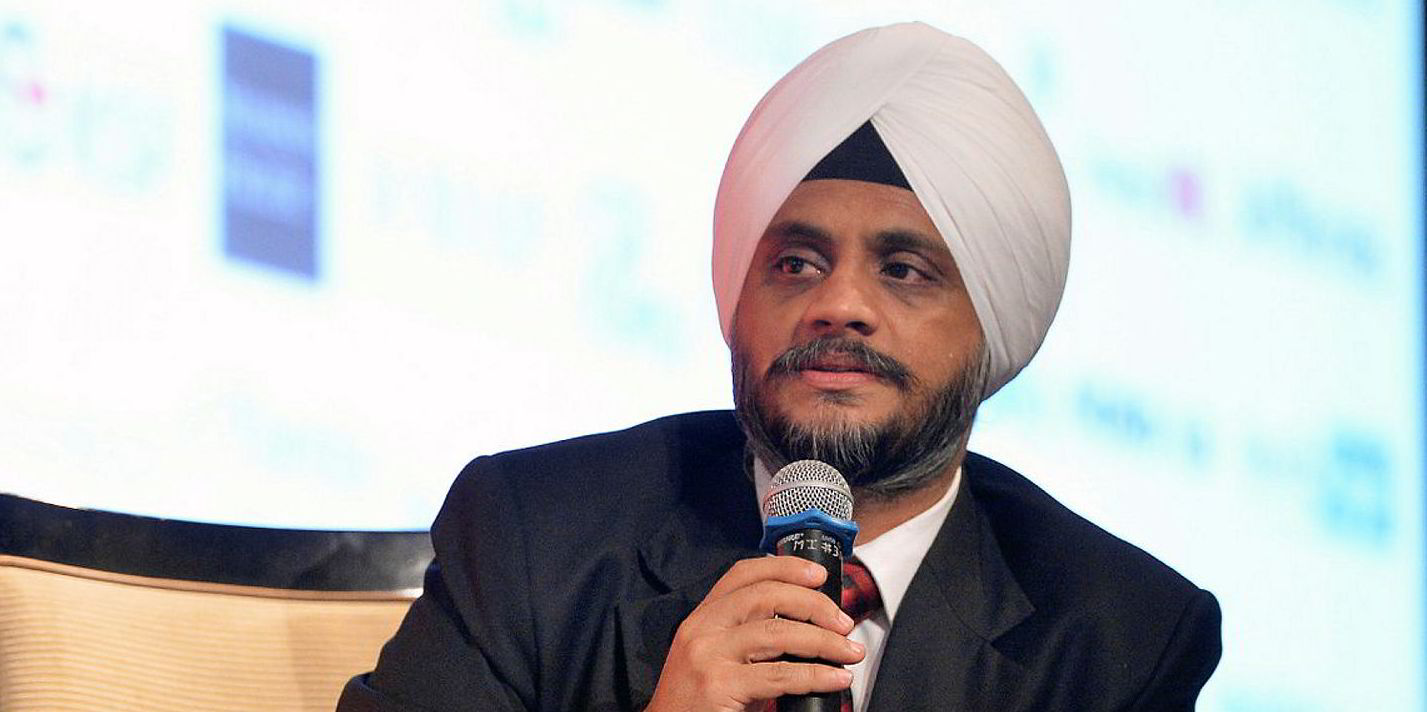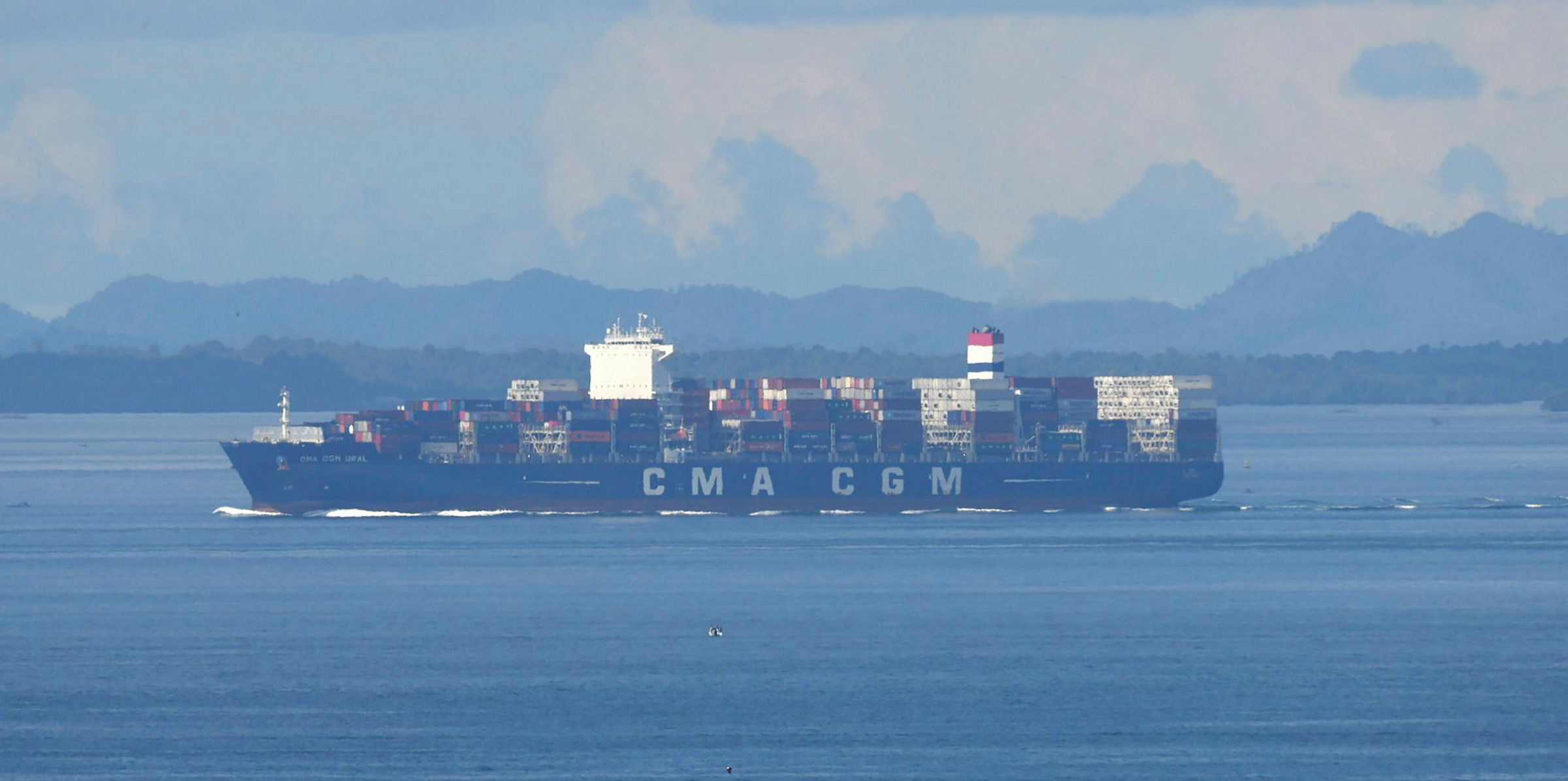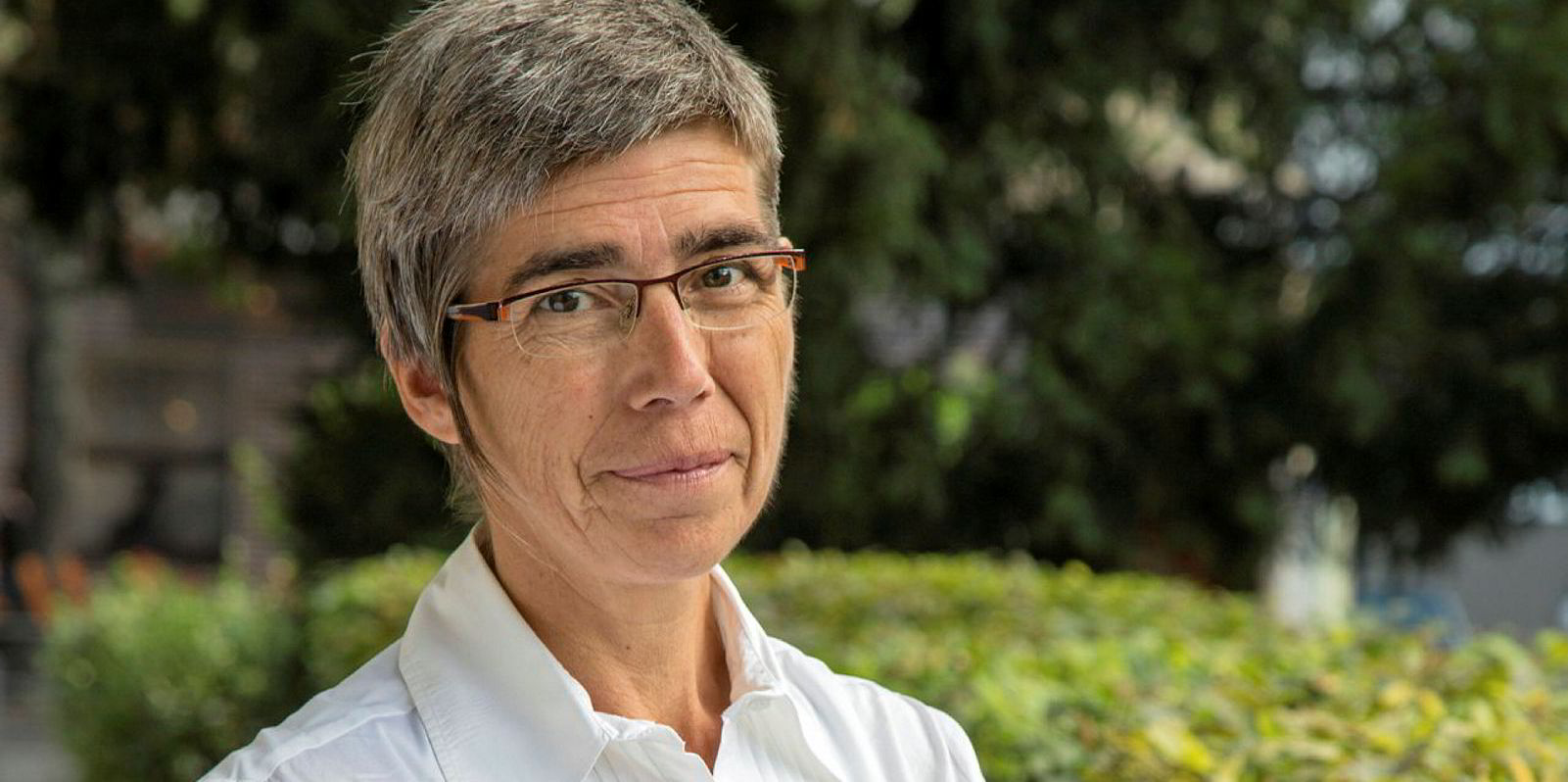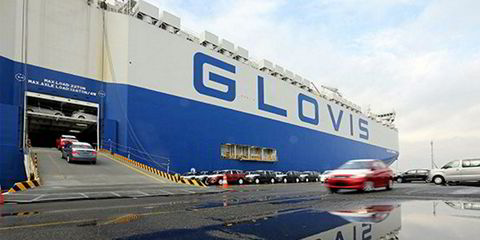A European Union emissions trading system (ETS) for shipping will favour LNG-fuelled vessels over ships powered by oil-based fuels, a Braemar ACM analysis has found.
A European Parliament committee last month voted through proposals for commercial operators of ships of 5,000 gt or larger to offset vessel emissions during voyages to, from and between European ports via the ETS.
“In its current form, the resolution requires only CO2 emissions to be offset and has kept methane emissions out of scope,” Braemar head of East-of-Suez tanker research Anoop Singh said. “This will work in favour of LNG dual-fuelled ships with their lower CO2 emissions.”
Braemar figures show that a tonne of very low-sulphur fuel oil (VLSFO) — the most popular type of conventional, oil-based fuel — will emit 3.3 tonnes of CO2 when consumed. This compares with 2.75 tonnes of CO2 from LNG.
Based on the average price of ETS carbon credits this year, the cost of burning one tonne of VLSFO reaches $95 and LNG amounts to $75, Singh said.
Dual-duel designs
He added that the adoption of full LNG dual-fuel designs aboard vessels will be encouraged by the proposed EU regulations, which take into consideration emissions from all auxiliaries, including boilers and generators.
The committee’s proposal is scheduled to be adopted during a plenary session scheduled to run from 14 to 17 September in Strasbourg, before EU member states and the European Commission decide on their positions.
The institutions will then hammer out the details of an ETS for shipping, if they can form a consensus, but such regulatory process can take time. Singh said new regulations could enter into force from January 2022.
Meanwhile, the International Maritime Organization’s latest study has found a 150% increase in methane emissions from shipping over the 2012 to 2018 period, mainly due to the 28% increase in vessels burning LNG.
Methane, which can trap more heat than CO2, is the second-largest man-made greenhouse gas by volume.
With the EU set to review its emissions reporting system by the end of 2021, potentially including other types of greenhouse gases, Singh cautioned that the advantage of LNG-fuelled ships could be in doubt.
In its efforts to combat climate change, the IMO is scheduled to introduce an initial set of decarbonising rules for international shipping by 2023.
“In our view, [the] IMO is likely to take steps to engage EU to align its goals with IMO’s global targets. We also expect the EU resolution to spur quicker actions from the IMO on its own rule-making,” Singh said.







